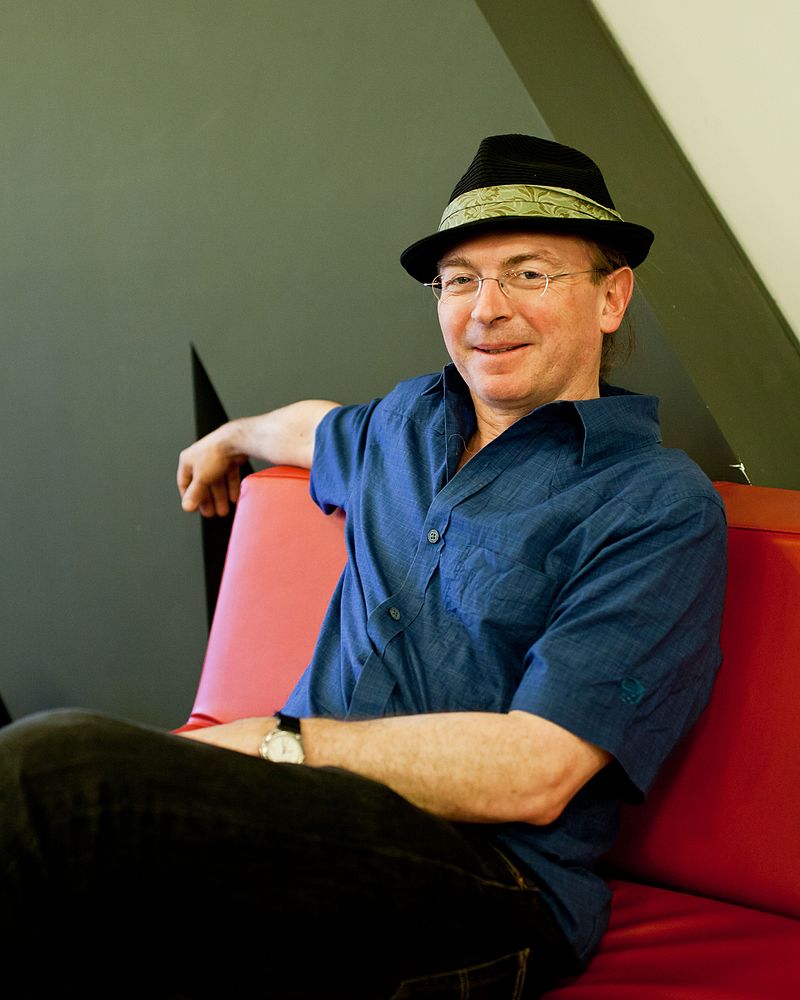Suddenly it was completely clear. I could understand it! It was an unbelievably complex, yet self-explanatory evolution of concentric patterns growing out of concentric patterns; like self-generating, hyper-dimensional mandalas recursively blossoming, like flowers, out of the centers of previous hyper-dimensional mandalas, ad infinitum, but with a single point of origin from where it all emanated. This point of origin, this Source of it all, however, remained elusive: hidden behind the layers of wonders growing outwards from it. Somehow, the way new patterns unfolded and evolved was already entirely encoded in, and determined by, the very shapes, angles, and proportions entailed by previous patterns, so that no new primary information was ever added to the thing as it evolved. The entire story was already fully contained in it from the very beginning, and it was simply unpacking and manifesting itself in all its indescribable glory. It was a thing of startling power and beauty, yet put together with a level of sophistication and perfection that goes way beyond anything I could compare it to. ... This was the answer to the question that haunted me my entire life: ... One simply needed to “look” at it with the mind’s eye to know that this is how reality came to being; this is how nature was formed. ... All of reality seems to be the unfolding of a thought pattern in the imagination. Dreamed Up Reality by Bernardo Kastrup
See: The Symbolic Big Bang
See Also:Fractals and Antennas


